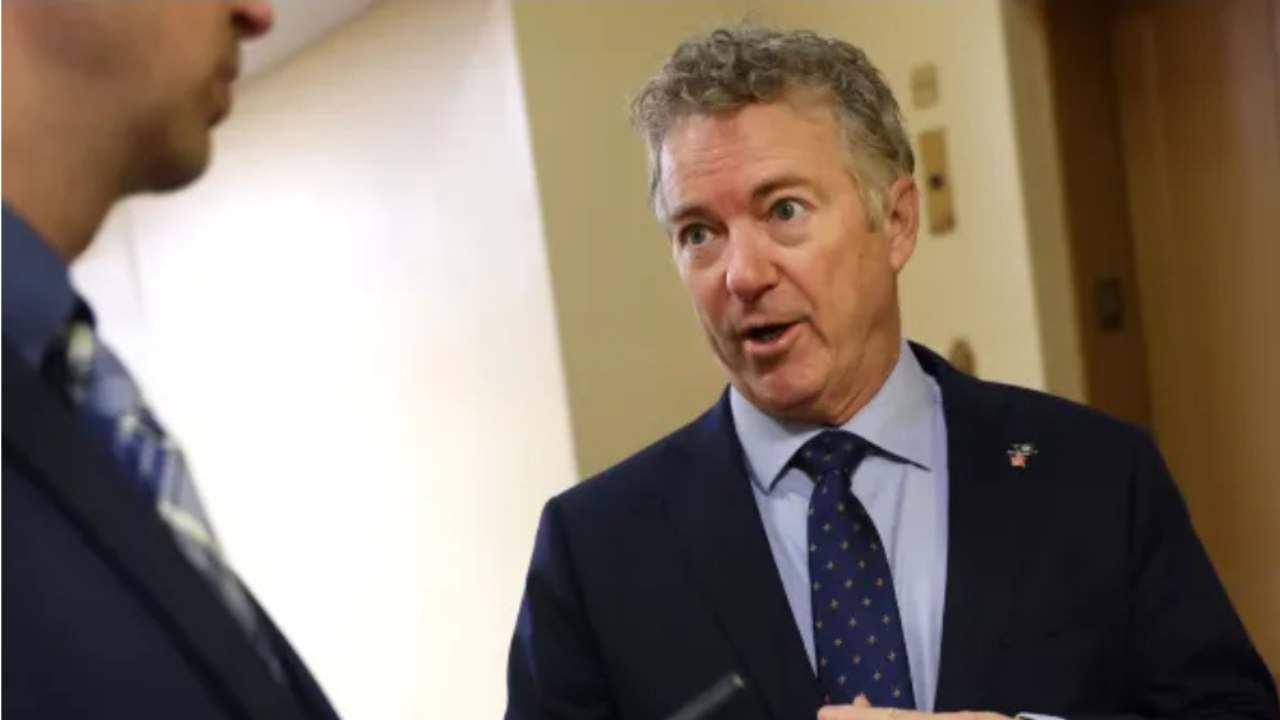It seems Senator Rand Paul’s employment of procedural tactics is causing delays in the passage of the $95.3 billion foreign aid bill, which includes assistance for Ukraine and Israel. The Senate has cleared some hurdles, but the final vote is expected to be delayed until next week due to the lack of agreement among all senators to expedite the process.
“I think we should stay here as long as it takes,” Paul told CNN’s Manu Raju on Thursday. “If it takes a week or a month, I’ll force them to stay here to discuss why they think the border of Ukraine is more important than the US border.”
It appears that negotiations are ongoing among senators regarding the number, type, and voting requirements for amendments to the foreign aid package. Senate Majority Leader Chuck Schumer is advocating for a time agreement to accelerate the process.

“I hope our Republican colleagues can work with us to reach an agreement on amendments so we can move this process along,” the Democrat from New York said. “Democrats are willing to consider reasonable and fair amendments here on the floor, as we’ve shown on many occasions in the past three years. Nevertheless, the Senate will keep working on this bill until the job is done.”
It appears that despite the obstacles, lawmakers are pushing forward with the foreign aid bill. However, the bill’s journey may face further challenges in the House, where Speaker Mike Johnson’s stance on holding a vote remains uncertain, especially given the opposition among many House Republicans to additional aid for Ukraine.
Senate Republicans are divided over the foreign aid package, with some advocating for amendments to address immigration and border policy.

However, the package contains significant allocations for various purposes, including support for Ukraine, security assistance for Israel, and humanitarian aid for several regions. These allocations, as outlined by the Senate Appropriations Committee, include $60 billion for Ukraine, $14.1 billion for Israel’s security, $9.2 billion for humanitarian assistance, and $4.8 billion for regional partners in the Indo-Pacific region, among other provisions.
Senate Minority Leader Mitch McConnell emphasized the importance of passing the foreign aid package, countering criticism from within his party by arguing that the aid is essential for bolstering American defense production and stimulating the economy.
“I mean, quite literally, spending tens of billions of dollars here in America upgrading our capabilities, creating American manufacturing jobs, and expanding our defense industrial capacity to help us better compete with advanced adversaries,” the Kentucky Republican said. “Overall, even accounting for direct assistance sent to allies like Israel, more than 75% of this legislation is bound for investments right here in America.”





